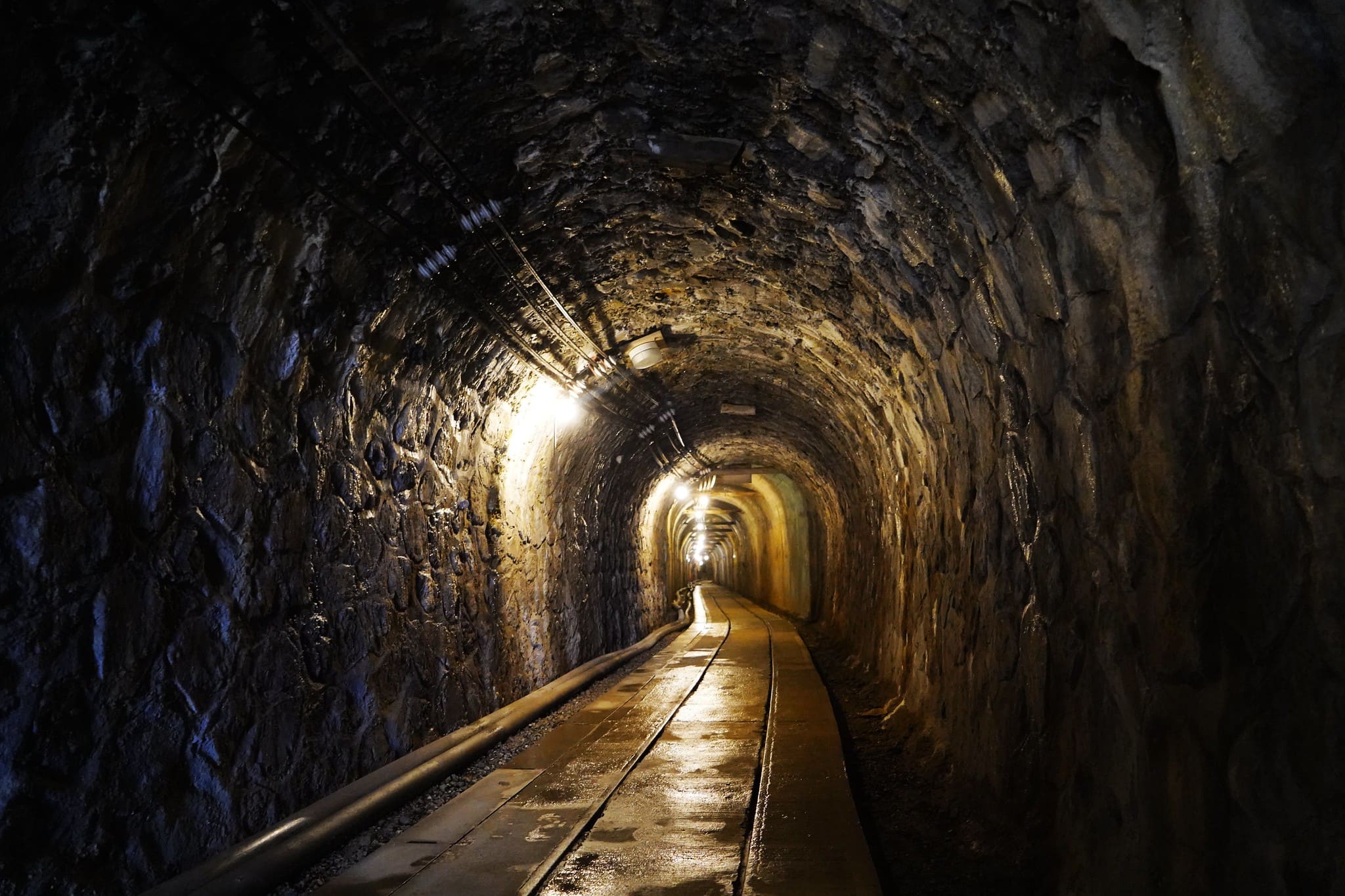Sado mine listed as a Unesco World Heritage site
The verdict of the Unesco World Heritage Committee (WHC) body was released today from New Delhi. The decision comes after a heated debate between Japan and South Korea. Seoul's accusation of misreading modern history: Sado is a symbol of the forced labour of Koreans after the Edo period (1603-1868).
Rome (AsiaNews/Agencies) - The long dispute over the inclusion of the ancient Sado mine - for Seoul a symbol of the forced labour imposed on thousands of Koreans during Tokyo's colonial rule over South Korea from 1910-1945 - on the Unesco World Heritage list was resolved today by the verdict issued by the UN agency.
The Sado gold and silver mine complex became part of the World Heritage List, thanks to a last-minute agreement between Japan and South Korea. The accusation made by Seoul concerned Tokyo's attempt to omit the part of history concerning forced labour, limiting itself in the report initially submitted to referring to the Edo period (1603-1868), thus excluding modern history, and the atrocities committed during the war.
The decision was taken at today's meeting of the UNESCO World Heritage Committee (WHC) in New Delhi, India, composed of representatives from 21 member states, which considered this and 28 other new proposals for listing. During the meeting, the Sado mine was listed as a World Heritage site.
There was a possibility of a further postponement, but South Korea's Foreign Ministry had indicated yesterday that the country was reaching a consensus with Japan on the issue. A ministry official later stated that Japan would reflect the ‘full history’ of the site once it is registered, although no further details were given.
During the decision-making process, the Unesco advisory body had encouraged Japan to explain the entire history of the mines, without omitting atrocities. In response, the Japanese government had mainly emphasised the Edo period, focusing on the period when gold was produced on a large scale.
In fact, the Sado mining complex was one of the world's largest producers of gold in the 17th century and is known for its advanced pre- and post-industrialisation technology. Both Japan and South Korea sit on the rotation committee this year. Japan was aiming for a unanimous vote to register the complex as a world heritage site; a verdict obtained today.
The Japanese Council for Cultural Affairs had selected the Sado Mining Complex as a candidate in December 2021, with the aim of obtaining Unesco registration in 2023. However, the Cultural Affairs Agency, probably in view of the relationship between Japan and South Korea, was initially vague as to whether it would submit a nomination for the mining site.
The Unesco Committee's decision to inscribe the Sado Mine on the World Heritage List comes amidst diplomatic tensions between Japan and South Korea, linked to the Japanese colonial period and the forced labour imposed on Koreans during World War II.
The consensus reached between the two countries seems to be a step towards reconciliation, but it remains to be seen how the entire history of the mine will be presented in future Japanese displays.
Above all, there is much expectation as to how Japan will deal with the topic of forced labour. It is estimated that more than 2,000 Koreans were forcibly mobilised to work under difficult conditions in the mine, which consists of a 400-kilometre-long tunnel, almost as long as the distance between Tokyo and Sado.
12/02/2016 15:14







.png)










